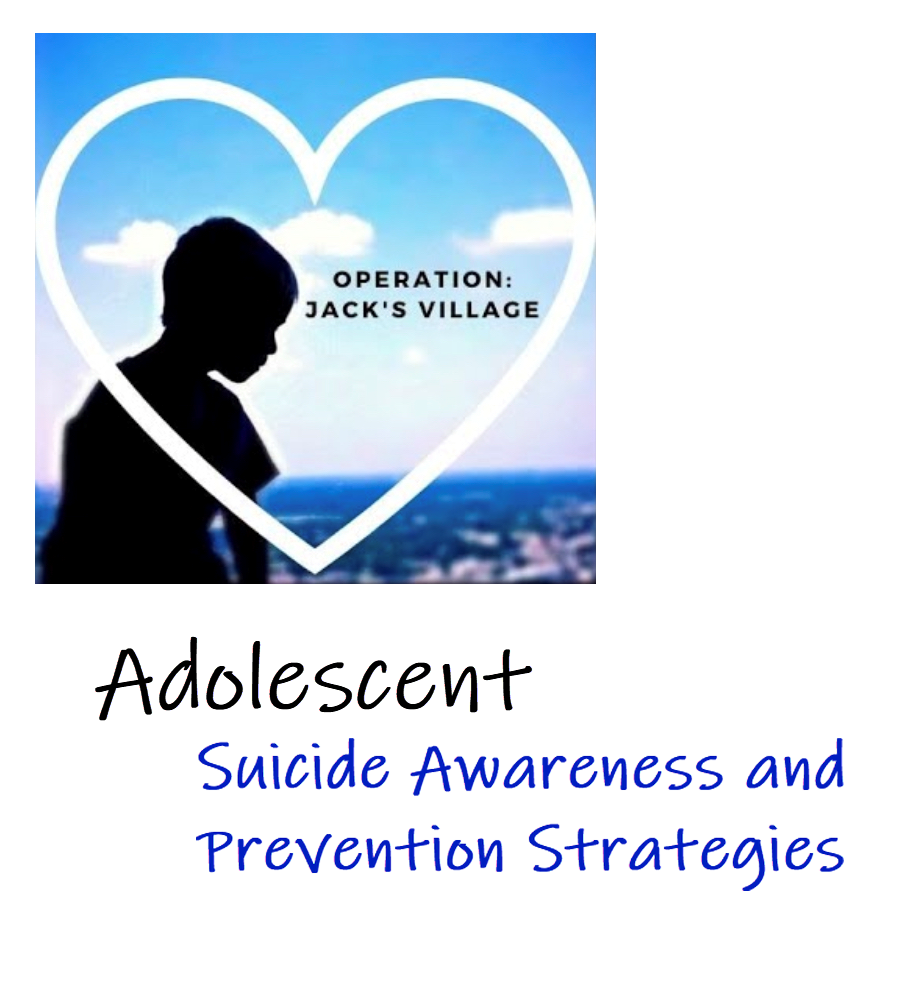BRAIN HEALTH - What is SURVIVAL Brain?
The brain is a very important and complex organ that needs a lot of things to work properly. Being in a state of survival brain doesn't mean you did anything wrong! It simply means that your brain is so occupied with making sure you can get through life that you can't take on anything new at the moment; a survival brain is one that is focused on keeping you alive. Factors that influence the brain’s health, performance can escalate quickly to dangerous and even life-threatening situations. SURVIVAL depends on the ability to keep this complex organ functioning and remain alive.
-
These are the main fuels for the brain, and they are carried by the blood. The brain consumes about 20% of the oxygen and glucose in the body1. Without enough oxygen and glucose, the brain cells can die or get damaged.
-
Water helps maintain the electrolyte balance and pH level of the brain, which are essential for its function. The brain is about 75% water, and even a slight dehydration can affect its performance
-
The brain needs various nutrients to keep it healthy and support its activities. Some of the important nutrients for the brain are B vitamins, antioxidants, fatty acids, and minerals1. These nutrients help protect the brain from oxidative stress, inflammation, and aging, as well as support neurotransmitter production and communication.
-
The brain needs a correct temperature and environment to prevent tissue damage and death. The normal temperature of the brain is about 37°C (98.6°F), and it can tolerate small fluctuations of about 1°C (1.8°F). However, if the temperature goes too high or too low, it can cause serious problems such as seizures, coma, or brain death.
-
A safe and stimulating environment can help the adolescent brain develop in a healthy and optimal way. It can also help prevent or reduce the risk of mental illnesses that may emerge during adolescence, such as depression, anxiety, bipolar disorder, or schizophrenia. Therefore, it is important for parents, educators, policymakers, and society to provide a safe and stimulating environment for adolescents to support their brain development.
-
Discovering how to make the shift back to learning brain so that you can enjoy life more and be receptive to new ideas. Thankfully, it can be an easier process that you might think!
Suicide is now the LEADING CAUSE of death for 13 and 14 year olds
Address Sources of Stress
There's no way to recover from the effects of chronic stress if you are still experiencing them.
You can't get out of survival mode when your brain feels that survival is iffy and needs to be focused on.
It's important to address all sources of stress and assess if there are any that you can remove from your life. This may take time, for children and adolescents, they may not have time.
For example, if your source of chronic stress is school don't enjoy or a classmate who isn't kind to them, they can't necessarily remove either from their life without you assisting them in a plan to move forward with.
A special thanks to our Survive Program Chair, Kelly Caleb LCSW, MCAP for this educational video production and her unwavering commitment and contributions to the mental health of our OJV community teens Survive!
Thank you to our Survive Team of Mental Health Specialist for their input on this presentation!
MAY 2023 ALERT!!
A study published in 2023 found that suicide rates among 13- and 14-year-olds in the United States had more than doubled from 2008 to 2018. The study, led by Dr. Sarah Wood, a professor of pediatrics at Florida Atlantic University’s Schmidt College of Medicine, found that suicide is now the leading cause of death for 13- and 14-year-olds in the United States
“Project 492” during the 2020/2021 school years, revealed WE CAN finally have a positive reversal of Mental Health diagnosis AND that the pandemic exposed opportunities to make hard corrections to our process.

Suicide is a public health epidemic that warrants attention, funding, and collaboration within the community. Without meaningful connections and there are 1/3 of teens at risk that do not have a mental health diagnosis. Not every suicide is attributed to a mental health issue.
LOCAL COMMUNITY SOLUTIONS THE SOLUTION FOR REVERSING THIS TREND AND HELPING OUR YOUNG PEOPLE SURVIVE, THRIVE, and SOAR!
We Lost Jack Inside of 4 Minutes
Elizabeth Martin and Dr Rahul Mehra discuss the loss of Jack Cole Martin to suicide. At 13 years old, Jack could have been anyone's son or daughter and ...






